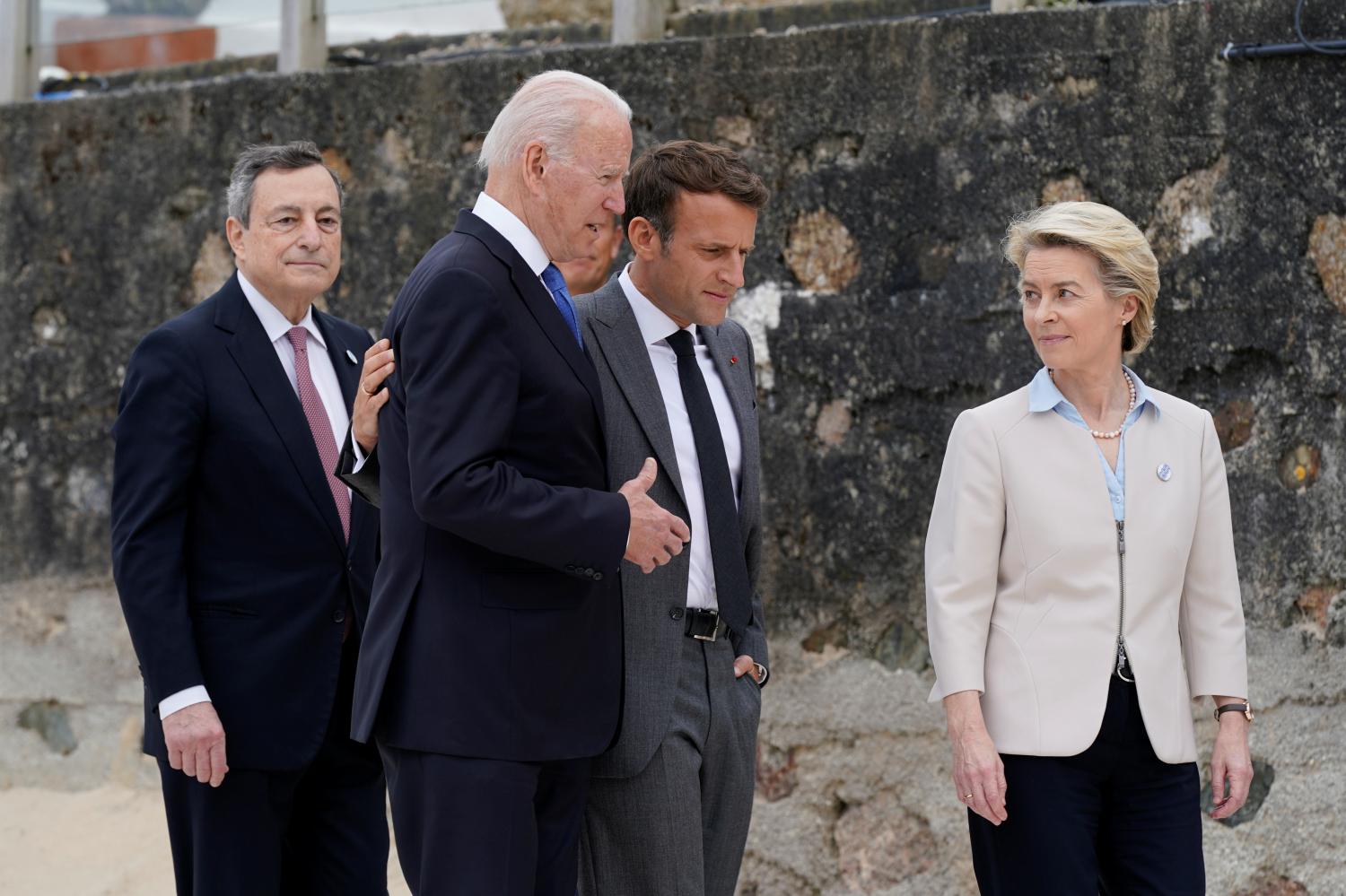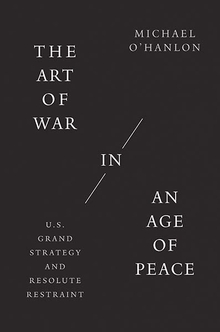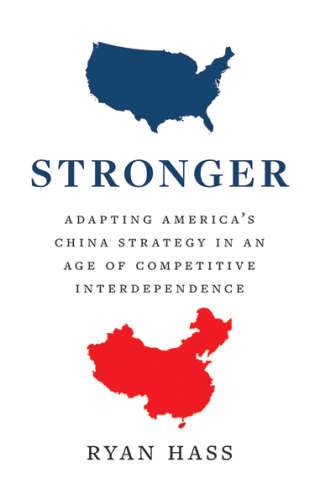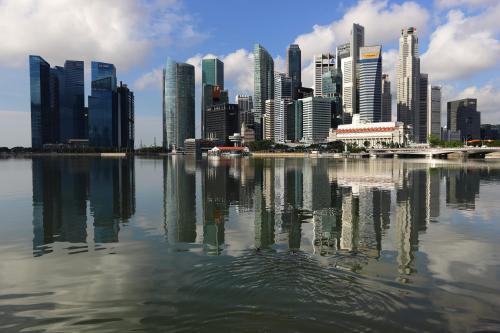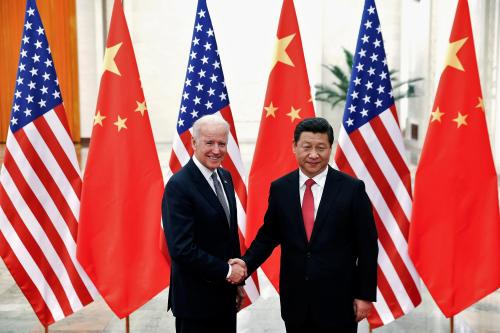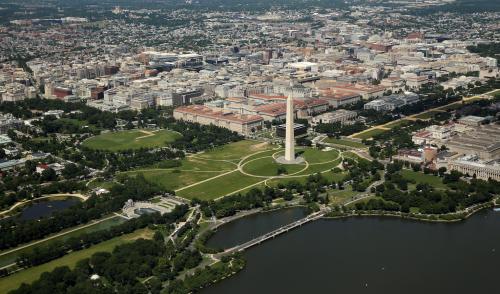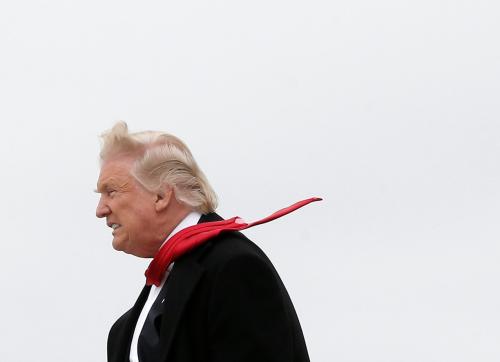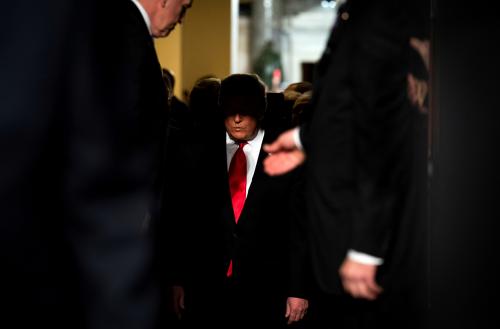EXECUTIVE SUMMARY
From the earliest days of his presidential campaign, Joe Biden has made the restoration and defense of democracy a centerpiece of his foreign policy strategy. From just as early, there’s been a debate about the contours of that strategy, and efforts — by his advisors, outside voices, and allies — to interpret Biden’s vision in competing directions. Some of sought to portray this as a remaking of democracy promotion in U.S. foreign policy; others to orient it towards the restoration of American democracy; and still others, to use it as a jumping-off point for rallying allies and partners against China’s growing clout. Biden’s own rhetoric leaves space for all these interpretations.
Every version of this strategy faces difficulties. The internal debate at times has left allies and others confused as to the president’s intent. Real-world conditions — the variability of the democracies’ internal conditions and of their relationships to China (and, increasingly, their confidence in the United States) — limit the space for the most expansive versions of this agenda: a genuine rallying of the free world against authoritarian powers. And even close democratic allies have been leery of too-public an effort to mobilize around democracy per se, either out of hesitation to air their own dirty laundry, or from an argument that a “club of democracies”-style approach to the China challenge risks elevating tensions and limiting coalitions.
Three targeted lines of effort seem most likely to reap policy rewards:
- Continuing to animate coalitions of the powerful democracies in a bid to constrain China’s growing power and ambition, especially in Asia — building on the early successes around the Quadrilateral Security Forum and the Australia-U.K.-U.S. (AUKUS) submarine deal;
- An effort to mobilize a wider (but not expansive) set of democracies around the issue of political interference by authoritarian actors, and its connection to technology;
- An effort — so far only latent in the Biden administration’s plans — to mobilize the middle power democracies around defense of core multilateral institutions and the values therein.
These focused efforts should be front of mind as the administration prepares for the Summit for Democracy, and continues its balancing efforts in Asia. The Summit for Democracy has usefully evolved from being the centerpiece of the democracy strategy to simply one plank; it seems most likely to contribute usefully if it can lend itself to mobilization around the multilateral system. But the acid test for the democracy strategy overall will lie in the other two domains: combating political interference and constraining China’s mounting effort to bend the international order to its interests. And gaining ground on those two issues will require the administration to go farther than it has on walking back from a “Buy America” posture, to one more genuinely oriented around joint efforts by the U.S., core allies, and putative partners (like India, vitally) to remake global supply chains in critical areas — an “agile alliances” approach.
-
Acknowledgements and disclosures
Adam Twardowski provided research support to this paper; Ted Reinert edited it, and Rachel Slattery provided layout.
The Brookings Institution is committed to quality, independence, and impact.
We are supported by a diverse array of funders. In line with our values and policies, each Brookings publication represents the sole views of its author(s).

